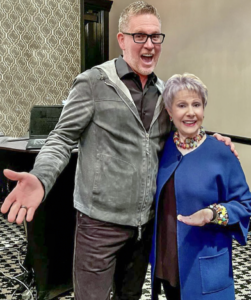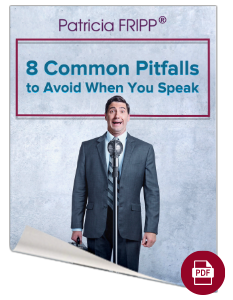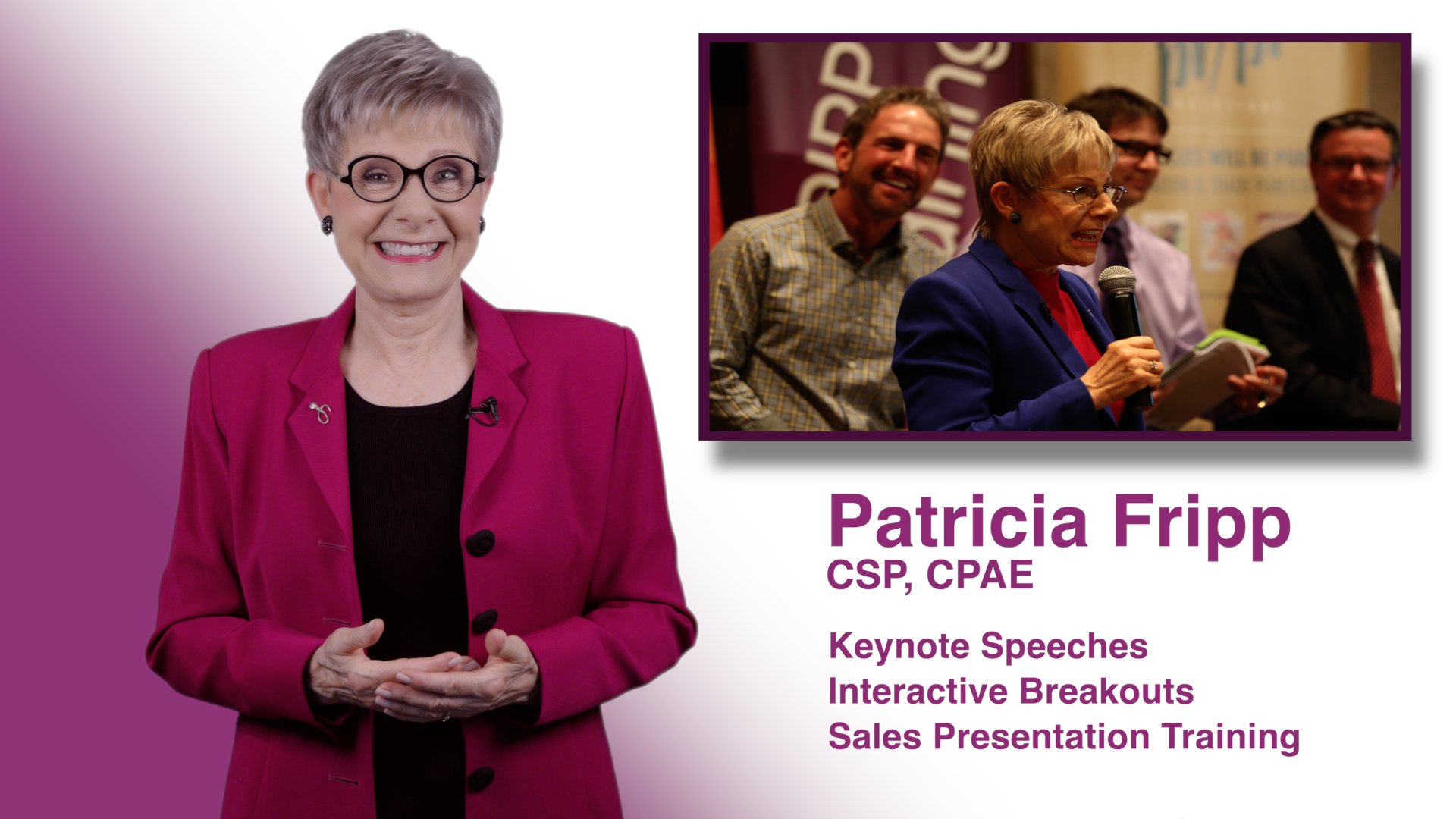 Whenever you open your mouth, whether your audience is one person or one thousand, you want to get a specific message across. Maybe you want your opinions heard at a meeting, or you will be giving a formal talk. Perhaps you deliver sales presentations. To present, persuade, and propel with the spoken word, be aware of this major pitfall: irritating non-words.
Whenever you open your mouth, whether your audience is one person or one thousand, you want to get a specific message across. Maybe you want your opinions heard at a meeting, or you will be giving a formal talk. Perhaps you deliver sales presentations. To present, persuade, and propel with the spoken word, be aware of this major pitfall: irritating non-words.
“Ur, um, ah, you know, kinda, well, like…”
Pay attention to whether you are unconsciously using these common non-words.
Non-words, also known as filler words or vocal crutches, are meaningless sounds or words that speakers use to fill the silence or pause between words or ideas. These non-words can include “um,” “uh,” “like,” “you know,” “so,” “well,” “actually,” and many others. While using non-words may seem like a natural part of speech, they can greatly detract from the effectiveness of a speaker’s message.
One of the main reasons why non-words are bad to use is because they can make a speaker appear unconfident, unprepared, and unsure of themselves.
When speakers use non-words, they create unnecessary pauses that can interrupt the flow of their message and cause their audience to become distracted or lose interest. Also, the overuse of non-words can make a speaker seem less credible and less authoritative, as they may be perceived as lacking the confidence to speak clearly and directly.
Another issue with using non-words is that it can dilute the impact of the message that the speaker is trying to convey. When speakers use non-words, they are likely distracting their audience from the content of their message, causing them to focus more on the speaker’s inarticulate delivery rather than the substance of their speech.
Awareness is the best way to break these bad habits.
Recently, I worked with a sales team pitching a five-hundred-thousand-dollar contract, and their bad verbal habits included “kind of” and “sort of.” Naturally, they did not sound clear, crisp, and precise. I challenged them to consider, until they improved, they had no hope that they could instill the confidence and trust needed to close a sale of this magnitude. The sales team wasn’t even aware they were making these major mistakes.
To eliminate non-words, speakers must practice speaking slower and deliberately, be thoughtful and take care to pause naturally between ideas or points. Record and listen to rehearsals and everyday meetings. Have recorded content transcribed and highlight all the non-words and repetitive phrases.
Remember, you will not improve what you are not aware of.
If your message must be memorable, your presentation powerful, and your sales successful Patricia Fripp can help. Schedule a conversation.
“Your speech was brilliant. Absolutely amazing.” Tom Ferry, #1 Real Estate Coach and Speaker, NY Times Bestselling Author, Entrepreneur
“Wow, thank you so much! Your changes to my speech script proves you are the Eighth Wonder of the World.” I am so motivated to dive into FrippVT your online courses, the quickest way I can learn how to write like you.” Jay Kamhi, President, Kamhi World
Why not take advantage of Patricia Fripp’s special report on 8 Common Pitfalls To Avoid WhenYou Speak

